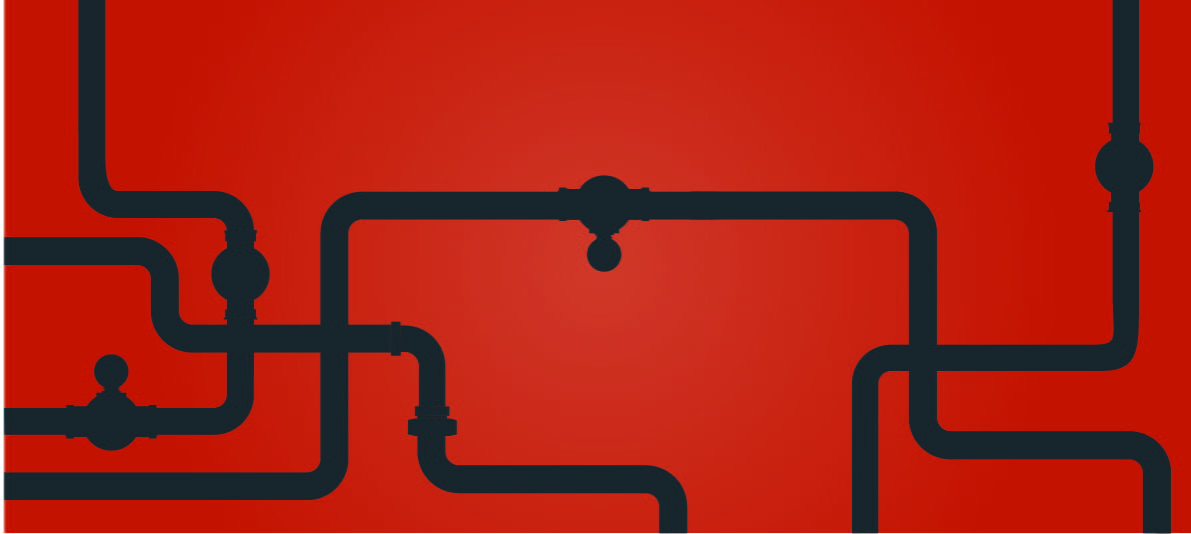Proposed step-in arrangements intend to protect customers where heat networks become insolvent or lose their authorisation – but how will this work in practice?
This article is part of our Heat Network Regulation series which looks at key issues under the latest round of consultations published by Ofgem and the Department for Energy Security and Net Zero on 7 November 2024. If you have any involvement with a heat network, check how regulation will apply to you and whether you will be considered a heat network "operator" or "supplier".
Protecting customers
Security of supply is a key issue for Ofgem – ensuring that consumer supply of heating and hot water is not interrupted in the event of heat network failure through operator or supplier insolvency (or where a network's authorisation is revoked).
The consultation on Consumer Protection proposes a hierarchy of measures to provide protection from heat network insolvency, requiring operators and suppliers to find market-led solutions to insolvency or market exit in the first instance, supported by a regulatory backstop.
Step-in arrangements will only apply where the heat network operator or supplier is in financial difficulty or has an authorisation revoked. Technical failures are expected to be addressed through Ofgem's compliance and enforcement powers - although in many cases, catastrophic plant failure will be inextricably linked to the operator's ability to finance repairs or replace infrastructure.
Exemptions for social housing?
Ofgem are keen to avoid introducing further regulation for sectors where safeguards from insolvency already exist. On that basis, the consultation proposes that where the heat network operator or supplier is also subject to social housing regulation or is a local authority, the step-in framework will not apply.
In the event of insolvency, the social housing step-in framework (which includes its own Special Administration Regime) would take precedence. Local authorities, that are not legally able to enter into insolvency, will be exempt.
Financial resilience and monitoring
Ofgem are proposing to introduce Authorisation Conditions around financial responsibility and risk management. This includes requirements to have access to funds and investment as needed to meet regulatory obligations. It is not clear how this will apply to landlords or ManCo run schemes – particularly those operating on a cost pass-through basis or with a Residents Management Company.
Financial monitoring data will need to be submitted on an annual basis. Ofgem has indicated that submitting annual accounts will not be sufficient and specific declarations will be required around net profit or loss, liquid assets, fixed costs and other financial markers. This is likely to be an additional administrative burden for authorised entities, particularly for smaller heat networks or landlord run systems.
For local authorities and registered providers, financing monitoring data will not be required but the authorised entity must still meet the financial responsibility and control of material assets Authorisation Conditions.
Continuity plans
Both heat network operators and suppliers will need to maintain a bespoke Continuity Plan that sets out key information relating to the relevant heat network (including contacts, customer information and details of key physical assets). Where step-in powers are exercised, the intention is the Continuity Plan will support this process and ensure a smooth transfer of activity.
Authorised entities would need to declare the Continuity Plan is in place and is up to date on an annual basis. Ofgem will have the ability to request it at any point in time and use its audit powers to monitor compliance with this requirement.
Contractual step-in
The consultation proposes that heat networks will need to enter into contractual step-in arrangements with another authorised operator or supplier. The intention is that this back-up entity will take over in the event of insolvency or revocation of authorisation.
This is a new concept for the sector, and it is not clear what form these step-in arrangements should take. As the back-up entity will need to be an authorised operator or supplier, it is unclear whether developer/landlord step-in rights will be sufficient. This may produce an additional market for heat network operators to act as 'guarantors' for each other for step-in purposes – with customers ultimately paying the price through charges for maintaining these back-up arrangements.
In many cases, the building owner or landlord will be the authorised heat network operator and supplier under the new regulation. Further detail is required to understand how these contractual step-in arrangements will work in these scenarios – particularly where there are requirements to transfer control of key assets / infrastructure.
Last Resort Direction
Ofgem will have the ability to issue a Last Resort Direction to identify an authorised entity to take over the operation/supply of a heat network where a commercial outcome has not been found and contractual step-in has failed. This is similar to Ofgem's Supplier of Last Resort process that was used to appoint new suppliers to replace energy companies leaving the market during the period of high wholesale gas prices.
In practice, this process will be significantly more complicated than in gas and electricity markets and would require the transfer of infrastructure and assets, supported by a potentially lengthy due diligence process. This would require the full cooperation of both existing and replacement parties and there are concerns over the viability of this intervention – particularly as a failing heat network is unlikely to be commercially attractive to other authorised entities.
Special Administration Regime
To act as a final regulatory backstop if market-led options and the Last Resort Direction are not viable, Ofgem has proposed a Special Administration Regime. This would allow an administrator to protect essential services (such as the continued supply of heat) that otherwise might be impacted if normal insolvency processes were followed.
Special Administration Regimes are well-established for other critical services, including gas, electricity and other utilities.
Funding options
Both the Last Resort Direct and Special Administration Regime require funding in order to be implemented. The consultation proposes several different options – including insurance schemes, a requirement to ringfence funds or through a proposed authorisation fee/levy.
Although these measures are intended to protect consumers, the additional costs of establishing the full suite of step-in arrangements are likely to have an impact on customer tariffs. With obligations to ensure fair and not disproportionate pricing, it remains to be seen how these competing objectives will be delivered.
This article is part of our Heat Network Regulation series. Read our overview of the proposals under the latest round of consultations.
If you are concerned about any of the issues raised under the consultations or how regulation may impact you, please get in touch with a member of our Energy and Sustainability team.


Sign up to our heat network mailings
Sign upWhy not explore these hot topics



INSIGHT - 20 Jan 2025
Heat Network Regulation: Heat contracts, billing, and landlord and tenant legislation
Read more


INSIGHT - 14 Jan 2025
Heat Network Regulation: Standards of conduct and compensation payments
Read more
INSIGHT - 13 Jan 2025
Heat Network Regulations: Scope of regulation and authorisation regime
Read more